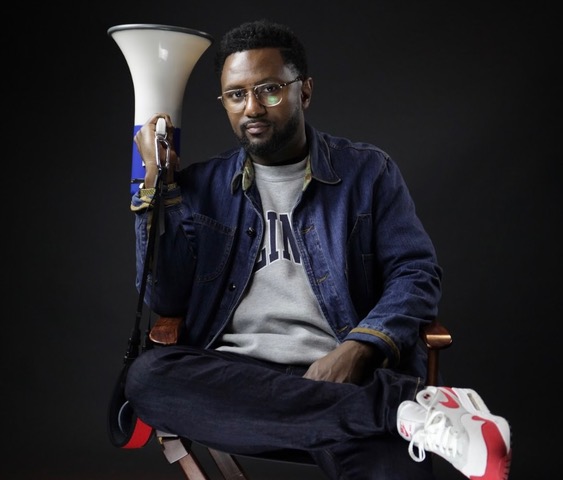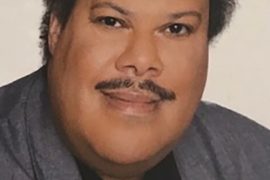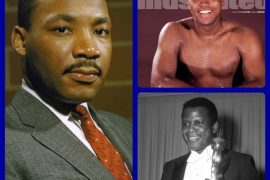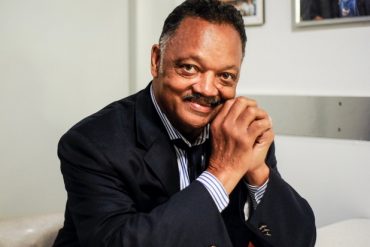Raphael Nash is an award-winning independent film producer, director, and adjunct professor for DePaul University’s School of Cinematic Arts.
In the classroom, the married father of two centers his teaching on the representation of race and ethnicity in film and television and on creating opportunities for underrepresented communities in film production.
As founder and owner of Endangered Peace Productions, Nash and his film and video producers write, produce, and direct original films and create impactful video content for brands & non-profits that is both contemporary and equitable.
N’DIGO recently sat down with an in-demand professor and producer to learn more about his start in teaching, what’s next for Endangered Peace, and why you never want to pick a fight with him.
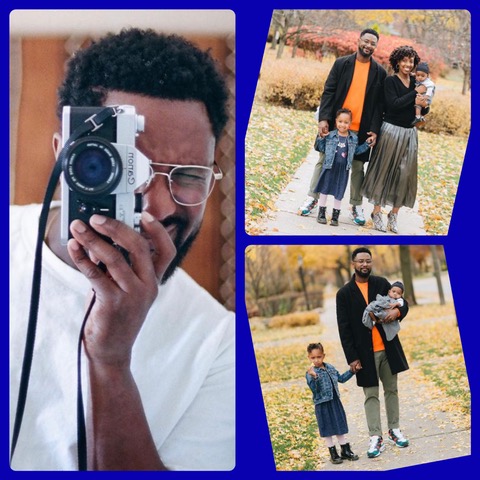
N’DIGO: In your own words, who is Raphael Nash?
Raphael Nash: I am a husband, father, film producer, director, and professor of film.
What are three words your friends would use to describe you?
Creative. Loyal. Black af.
Did you always know you wanted to work in education?
I did not, but it’s funny because I was alone in a ten-year gap as a kid in my family. I had cousins five years older than me and some five years younger. At a certain age, I would follow my older cousins around as much as they’d let me and learn things from them. Then, I would take what I learned and teach all I knew to my younger cousins. In my mind, that is what older cousins were supposed to do. Since then, I’ve always been something of a big brother figure to the younger generation and taught them things. Whether it’s how to draw, ride a bike, or do martial arts, I fell naturally into teaching. My mother actually predicted it years ago and told me I was gonna be a great teacher.
What was your path to teaching professionally?
As part of my fellowship in grad school, we had to teach. I enjoyed it and was naturally good at it, so I wanted to continue. After grad school, I returned to Chicago and began working with a friend who needed help running an afterschool program that taught media to students. Combining my two loves of media and teaching proved to be a perfect fit for me, and the rest is history.
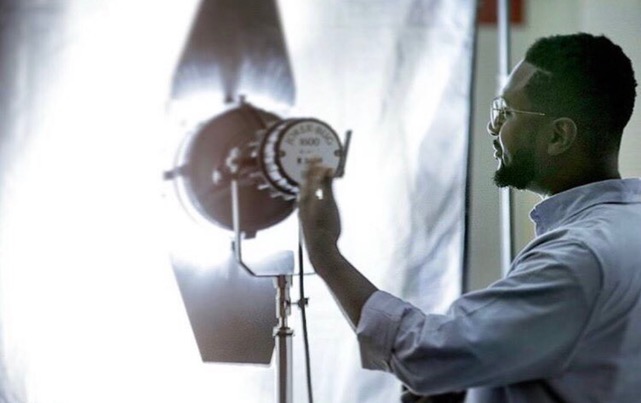
Please tell us about your work as an Adjunct Professor at DePaul University.
The program I was working with ended up moving to DePaul University. While there, I came across an opportunity to teach an editing course, and then I taught a production course, and it picked up from there. I got to a place where I wanted to teach something more specific to my interests, so I developed a Black American Satire course and later a Race and Ethnicity in Film course. Now, I’m teaching a Black Film Studies course. Those are my bread-and-butter areas and what my teachings are focused on now.
Do you have a personal philosophy regarding your work with students?
With this work, I want to make sure that students understand the constructiveness of film and the interconnectedness of how society, politics, and culture all inform the storytelling. These films didn’t happen in silos. They’re often in response to what’s occurring in society. If you take a film like “Birth of a Nation,” you can’t just glaze over the fact that it’s a racist story and its hero is a klansman. So we have to talk about that. We have to address and accept the history behind it and talk about its after-effects. What changed in society after its release? How it affected membership of the KKK. We have to remember the whole picture and tell the full story. That is my thing.
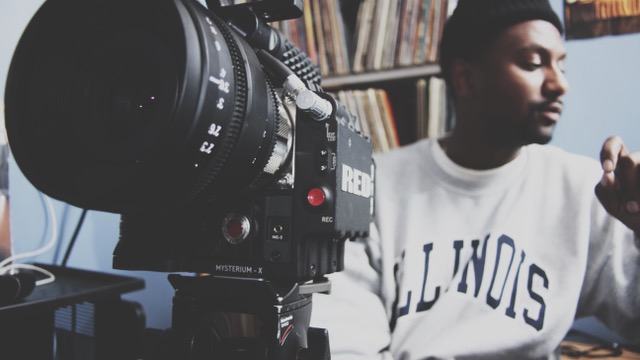
Was there a movie that served as the gateway to your love of filmmaking?
Spike Lee‘s “Malcolm X” was the one. That film really opened my eyes and stuck with me. It hipped me to the power of what cinema can do.
How did you find your way into the world of media?
I had been a fan of media pretty much all my life. I did an undergrad in photography with a minor in film studies, then went to Temple University for film school. As far as I was concerned, everyone I thought was cool had film companies, and I wanted to do the same.
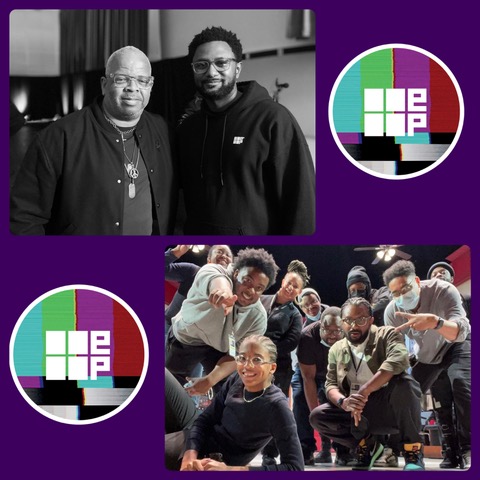
Tell us about your company, Endangered Peace.
I came up with the name around 2005 and ran with it. We function as a documentary production company and produce feature films. By day, you’ll catch me teaching in my classroom. I produce short and long-form documentaries at night for myself and clients such as Northwestern University, the University of Chicago, DePaul University, the Chicago Department of Cultural Affairs, and the Lyric Opera of Chicago.
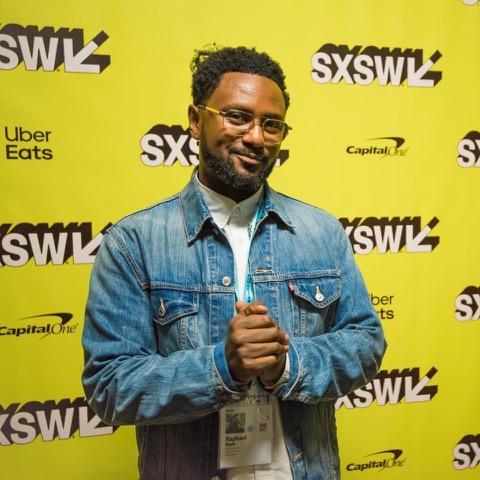
What’s something people would be surprised to know about you?
I have a black belt in Tae Kwon Do. I got it when I was about 14. In high school, I learned that girls pretty much prefer basketball players.
What was the last great book you read?
Transitions: A Director’s Journey and Motivational Handbook is a film and television director Pete Chatmon‘s book. I read it cover to cover in two days. It’s a great book for producers, directors, and really anyone working in the film and television industry.
What is your best advice or word of wisdom to aspiring media professionals?
Community: Find your people. Be willing to work together. Remember, it is not a competition. You’ll go much further working together. As one of my favorite African proverbs says, “If you want to go fast, go alone. If you want to go far, go together.”
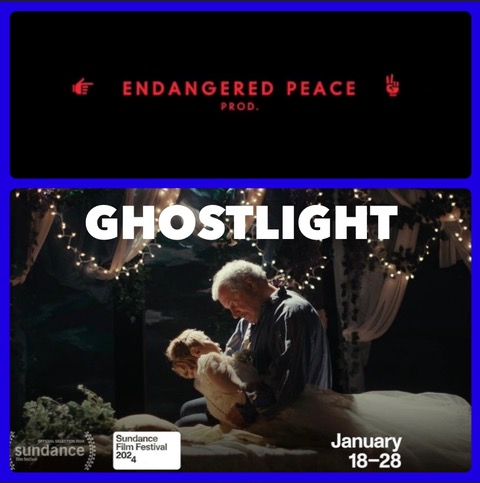
What’s next for Raphael Nash and Endangered Peace Productions?
We just returned from the Sundance Film Festival, where we premiered a film we executive produced called “Ghostlight” in collaboration with my friend Alex Thompson. I’m really looking forward to all that will come from that project. On the documentary side, we have a few different projects in various stages of production that are soon to come. This spring, I will be teaching a 1990s Hood Film course that I’m really excited about. It’s the type of course I wish I could have taken as a student. Aside from that, I’m just looking forward to moving this Endangered Peace train and bringing as many people as possible along for the ride.
For more information on Raphael Nash and Endangered Peace Productions, please visit www.endangeredpeace.com and connect on social media at @endangeredpeace and @raphaelnash.


